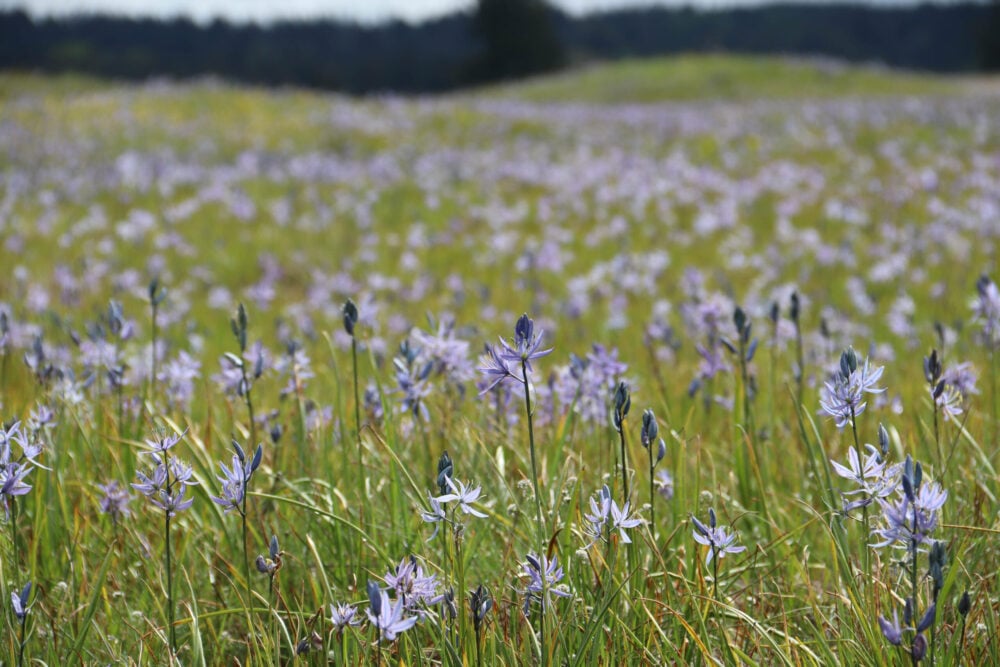
Contributor
- Topics: Archive
Coevolution between plant parasites and their hosts appears to involve the analysis of statistics with complex variables. The common barberry in Europe is host to a parasitic fly that has the capability of puncturing a berry and feeding on one or both seeds inside. The barberry is able to determine when a berry has been punctured and, in a high percentage of cases, will abort only the infested seed to arrest the development of the parasite larva. The other seed in the fruit has some chance of remaining viable. A single-seeded berry is most often not aborted after a fly puncture due to the chance that the fly larva might not survive and the fact that there is no other seed in the fruit to protect if the fly larva does survive. This seed abortion behavior maximizes the plant’s chances of maintaining seed viability while also managing its investment in resources. Additional variables weighing into the result include external factors such as drought conditions. Introduced to Europe more than 200 years ago, Oregon grape, Mahonia, is related to common barberry and susceptible to the same highly specific parasitic fly. Not having coevolved with the fly, Mahonia does not possess the same adaptive seed abortion strategy.
The American Naturalist. Vol. 183, No. 3, pp 376-383









Responses